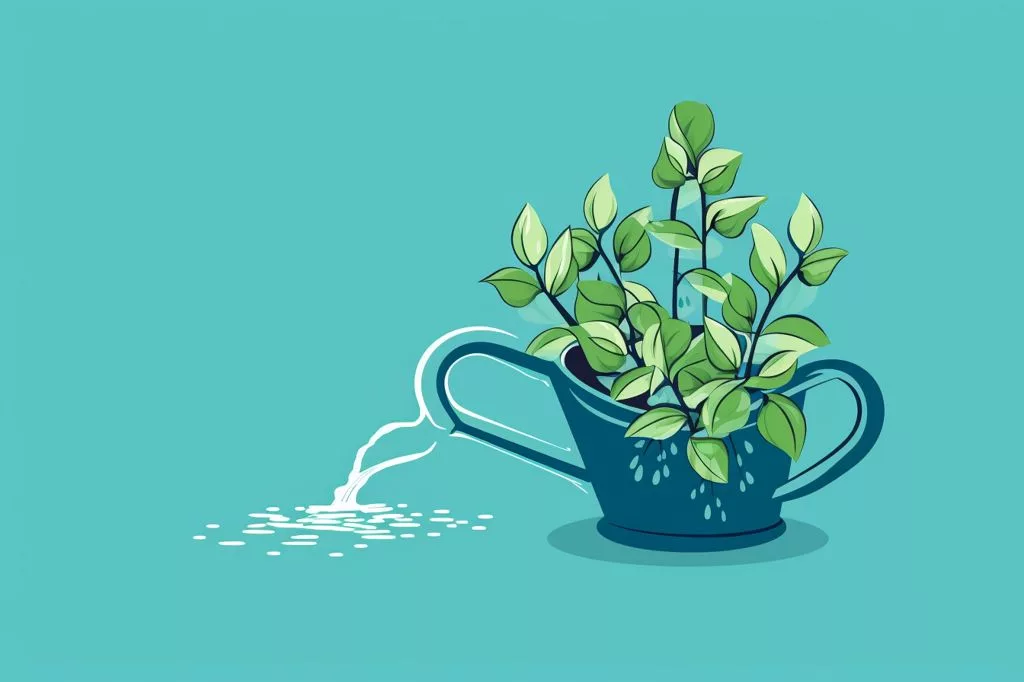The Global Alcohol Policy Conference brought together experts to discuss strategies for reducing alcohol-related harm, including underage drinking and accessibility. South Africa, which is struggling with alcohol addiction and harm, recently presented a draft policy seeking to mitigate the root causes of substance abuse. Despite opposition from the alcohol industry, policymakers and advocates are committed to prioritizing public health over business interests and taking collective action to create a safer future.
What is the Global Alcohol Policy Conference, and what key issues does it address?
The 7th Bi-Annual Global Alcohol Policy Conference brought together policymakers, researchers, and advocates from around the world to discuss effective strategies for reducing the harmful consumption of alcohol, including underage drinking and accessibility. The conference aimed to prioritize public health over business interests, combat resistance from the alcohol industry, and encourage collective action to chart a healthier and safer future for communities worldwide.
The Global Pursuit of Addressing Alcohol-related Issues
The picturesque city of Cape Town hosted a diverse array of dignitaries, researchers, policymakers, and advocates from all over the world to discuss a crucial subject: the detrimental effects of alcohol consumption. Ms. Lindiwe Zulu, the Minister of Social Development of South Africa, provided the opening statement at the 7th Bi-Annual Global Alcohol Policy Conference, an event designed to facilitate conversation and exchange best practices for addressing this urgent concern.
This conference could not have taken place at a more fitting time since South Africa recently presented the Draft Policy on the Prevention of and Treatment for Substance Use Disorders. The policy sets a decision-making framework that pinpoints drug-related harm’s root causes and presents effective methods to mitigate them. The South African government is currently seeking public input on the policy, supported by a unique cabinet committee to guarantee coordination and strategic alignment.
Tackling the consequences of alcohol consumption is a multifaceted issue necessitating cooperation from various stakeholders. South Africa grapples with alarming data, as nearly one-third of adolescents struggle with drug and alcohol addiction. Moreover, studies from research institutions highlight alcohol as one of the primary substances causing significant harm within the nation. Alcohol consumption is associated with criminal activity, mortality rates, severe injuries, gender-based violence, and risky sexual behaviors. Additionally, the widespread presence of illegal alcohol retailers and ineffective enforcement of by-laws has led to underage and excessive drinking becoming widespread in numerous communities.
The Battle between Public Health and the Alcohol Industry
In spite of these harsh realities, the alcohol sector has strongly resisted any efforts to decrease alcohol-related harm, often prioritizing business interests above public health. This resistance from the industry was apparent during the COVID-19 pandemic when the government imposed restrictions on alcohol sales to lessen the strain on healthcare resources. More recently, liquor merchants in Limpopo Province opposed proposed limitations on selling alcoholic beverages past midnight.
Nonetheless, these challenges have not stopped the South African government from persevering in its commitment to regulating alcohol sales for the sake of public health and wellbeing. Guided by global evidence and the World Health Organization’s best practices, the government’s focus has shifted from economic growth to public health, with the goal of reducing alcohol-related harm.
The conference served as a venue for policymakers, researchers, and advocates to discuss effective strategies for reducing underage drinking, exchanging best practices on public awareness initiatives, and tackling the easy accessibility of alcohol. The Minister of Social Development emphasized the significance of community involvement, access to screening and treatment services, and acknowledging that addiction is an illness that requires rehabilitation instead of punishment.
Charting a Healthier and Safer Future Together
In the face of challenges posed by the influential alcohol industry, conference attendees were encouraged to join forces to combat alcohol’s destructive effects on families and communities. The collective actions of the Global Alcohol Policy Alliance and other like-minded organizations can lead to much-needed reform, prioritizing the needs of the world’s most vulnerable population over profit.
In summary, the 7th Bi-Annual Global Alcohol Policy Conference represented a pivotal moment in the international effort to reduce the harmful consumption of alcohol. By promoting collaboration, producing new research, and disseminating evidence-based ideas, the conference participants took a significant step toward creating a healthier and safer future for everyone.
1. What is the Global Alcohol Policy Conference, and what key issues does it address?
The Global Alcohol Policy Conference is a bi-annual event that brings together policymakers, researchers, and advocates from around the world to discuss effective strategies for reducing the harmful consumption of alcohol, including underage drinking and accessibility.
2. What was the focus of the 7th Bi-Annual Global Alcohol Policy Conference?
The focus of the 7th Bi-Annual Global Alcohol Policy Conference was on reducing the harmful effects of alcohol consumption, including addressing underage drinking and easy accessibility of alcohol.
3. What is the Draft Policy on the Prevention of and Treatment for Substance Use Disorders in South Africa?
The Draft Policy on the Prevention of and Treatment for Substance Use Disorders is a decision-making framework developed by the South African government that seeks to identify the root causes of drug-related harm and present effective methods to mitigate them.
4. What are some of the harmful effects of alcohol consumption in South Africa?
Alcohol consumption is associated with criminal activity, mortality rates, severe injuries, gender-based violence, and risky sexual behaviors. Additionally, the widespread presence of illegal alcohol retailers and ineffective enforcement of by-laws has led to underage and excessive drinking becoming widespread in numerous communities.
5. How has the alcohol industry responded to efforts to decrease alcohol-related harm in South Africa?
The alcohol industry has strongly resisted any efforts to decrease alcohol-related harm, often prioritizing business interests above public health.
6. What strategies were discussed at the conference for reducing underage drinking?
At the conference, policymakers, researchers, and advocates discussed effective strategies for reducing underage drinking, including public awareness initiatives and the importance of community involvement, access to screening and treatment services, and acknowledging that addiction is an illness that requires rehabilitation instead of punishment.
7. How can collective action lead to reform in the regulation of alcohol sales?
The collective actions of the Global Alcohol Policy Alliance and other like-minded organizations can lead to much-needed reform, prioritizing the needs of the world’s most vulnerable population over profit.
8. What was the significance of the 7th Bi-Annual Global Alcohol Policy Conference?
The 7th Bi-Annual Global Alcohol Policy Conference represented a pivotal moment in the international effort to reduce the harmful consumption of alcohol. By promoting collaboration, producing new research, and disseminating evidence-based ideas, the conference participants took a significant step toward creating a healthier and safer future for everyone.








